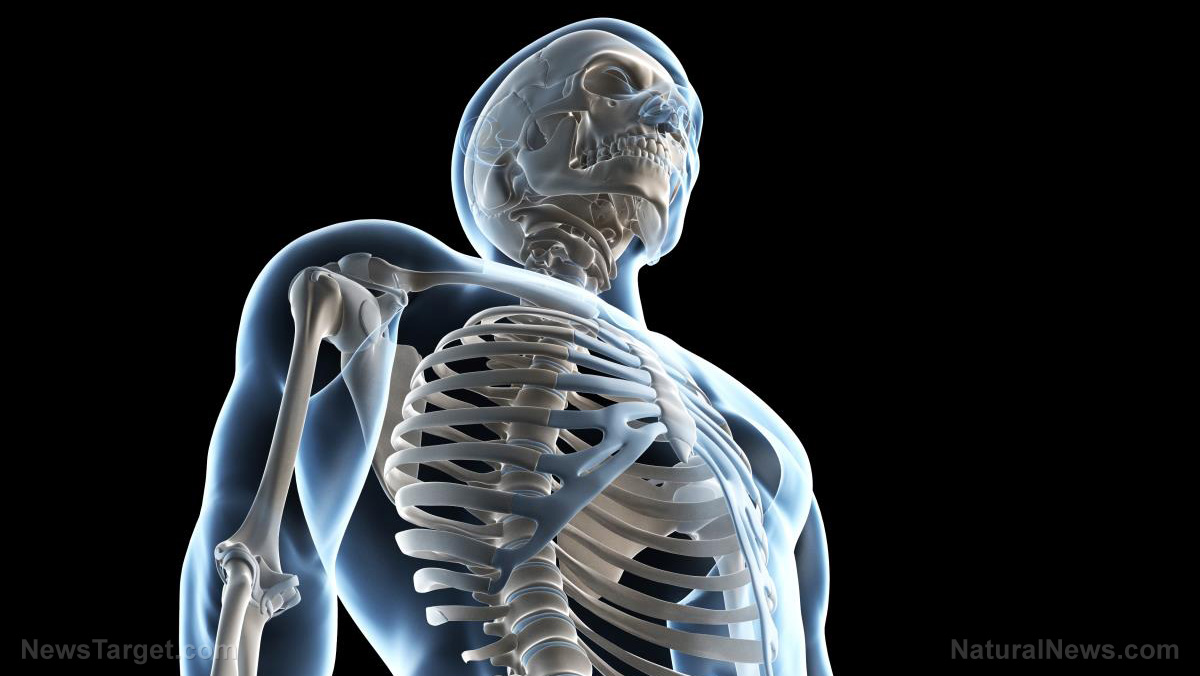Researchers have once again found coffee to be part of a healthy lifestyle, but they still aren’t sure why
11/28/2017 / By Ralph Flores

Two recently published studies have touted the benefits of regularly drinking coffee. The studies point out that drinking at least three cups of coffee helps in reducing the risks associated with stroke, heart disease, and liver disease, as well as boosting a person’s immune system and prolonging his or her lifespan. However, no conclusive evidence has been derived to indicate whether these benefits are a direct result of the coffee or whether these are the result of coffee drinkers having a healthier lifestyle than non-coffee drinkers. Results of both studies have led researchers to infer that these benefits are due to the presence of anti-oxidant plant compounds in coffee, rather than caffeine.
The first study, which is a collaboration between the University of South California’s (USC) Keck School of Medicine and the University of Hawaii, indicates that drinking coffee can lower the chances of a person dying because of heart disease, cancer, stroke, diabetes, and respiratory and kidney disease. The study pointed out that regular coffee-drinkers were 12 percent less likely to die over those who did not drink coffee. People who drank two to three cups displayed an even lesser likelihood of dying, with an 18 percent reduced chance.
However, this decrease in a person’s likelihood of dying was also evident in decaffeinated coffee drinkers. Veronica Setiawan, lead author of the study, posits that this phenomena is not tied to caffeine, but rather with drinking coffee itself.
Researchers reviewed the data of 185,855 individuals, ranging from African-Americans (17 percent), Native Hawaiians (seven percent), Japanese-Americans (29 percent), Latinos (22 percent) and whites (25 percent), aged 45 to 75 at the beginning of the study. The study was conducted for a span of 16 years, with participants answering questions about their coffee drinking habits, as well as their preference between regular and decaffeinated coffee. Participants were also asked regarding their diet, lifestyle and family and personal medical history. Over the course of the study, 31 percent of the participants died, with the leading causes being cardiovascular disease and cancer.
Another study, this time conducted by researchers from the International Agency for Research on Cancer (IARC) and the Imperial College London, also concurred with the results set forth by USC. Results of this study indicated that increased coffee consumption resulted to a decreased risk of death, particularly from diseases stemming from the digestive track and the circulatory system. The study examined data from more than half a million people across 10 countries in Europe, with similar results identified for each country — this, despite variations in the consumption and preparation of coffee for each country.
Data from a total of 521,330 people aged 35 and over were analyzed. The sample comprised of people from 10 countries, including France, Denmark, Italy, and the United Kingdom. The study was conducted over a span of 16 years as well, with researchers discovering the people who consumed the highest amount of coffee having the lowest risk for all causes of death over those who did not drink coffee. Researchers also discovered that this effect is not limited to people who drank regular coffee, as similar results were also observed on people who drank decaffeinated coffee as well.
According to the National Coffee Association, about 62 percent of Americans drink coffee each day. In the UK alone, it is estimated that 55 million cups are drank each day. This makes caffeine is as the most prominently consumed drug in the world. Caffeine, the drug present in coffee, is a stimulant which acts on the central nervous system to increase the transfer of messages between the brain and the body. Aside from coffee, caffeine can be found in tea leaves and cocoa.
Sources include:
Tagged Under: benefits of coffee, caffeine, cancer, coffee, health, healthy eating habits, healthy lifestyle, heart disease, lifestyle




















